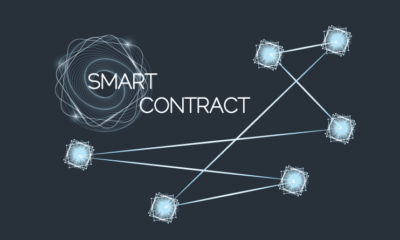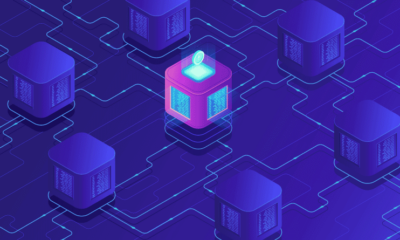
Blockchain technology has been widely expounded on how it will revolutionize financial institutions. What about other sectors of the economy? Will the blockchain industry transform our education sector? How will it affect the real estate industry? What about health? Folks, these questions are the elephants in the house.
The blockchain is undoubtedly an ingenious invention of Satoshi Nakamoto. It has gradually evolved into a useful product in various industries.
What Is Blockchain Technology?
The blockchain is a digital ledger of various economic transactions which can record numerous activities including financial transactions. The blockchain network frequently updates a distributed database. The technology is robust as it stores a lot of identical information in its system.
Since its invention in 2008, blockchain hasn’t experienced any central disruption while operating. Most of the challenges faced are due to hacking and mismanagement. The network automatically refreshes itself after every ten minutes, hence reconciling all transactions that occurred during an interval. It combines such sales into blocks.
Also, the network issues every computer that’s connected to it, (a node), with a copy of the transactions. They then download them automatically thereby creating a robust second-level network. Each node acts as an administrator, and it voluntarily joins the blockchain network. Therefore, all nodes have an equal opportunity to take part in the system and win Bitcoins by solving arithmetic puzzles.
The Impact of Blockchain Outside of Banking and Financial Services
- Governance: A distributed database makes results accessible and transparent to the public. It enhances transparency in elections or various polling processes. Ethereum-based contracts help in automating management.
Also, the Boardroom app facilitates organizational decision-making in a blockchain thereby increasing a company’s management and transparency. Besides, it promotes efficient utilization of equity, digital assets, and information.
- File storage: Distributing data in a network is essential. It protects sensitive files from hacking or theft. The Inter-Planetary File System (IPFS) enables one to understand how a distributed web functions. It eliminates the need to have localized client-server relationships. Furthermore, an internet with decentralized websites can hasten the file streaming and transfer process.
- Intellectual property protection: You can quickly reproduce and distribute digital information over the internet. However, this freedom has caused many copyright holders to lose their mental property hence having severe financial implications. However, smart contracts aid in protecting an individual’s copyright. Also, they automate their online sales thus minimizing the risk of property redistribution.
- Neighborhood micro-grids: Blockchain technology aids in transacting renewable energy that neighborhood micro-grids generate. For instance, Ethereum-based contracts redistribute excess power from solar panels.
- Identity management: Having an efficient identity management online is essential. Distributed ledgers provide advanced techniques to prove your identity as well as digitizing personal items. Secure identity is also vital in online transactions. However, a good reputation is the most critical component of having a successful online purchase.
- Registration of land titles: Due to their public accessibility, blockchains enhance a variety of record keeping. Property titles are typically prone to fraud; therefore, it is costly to administer them.
Some states have initiated blockchain land registration projects. The Honduras government was the first to adopt the technology in 2015. However, the current state of its land registry project is uncertain. Also, Georgia has partnered with the Bitfry Group to create a blockchain system for registering land titles.
The blockchain technology is gradually evolving. Initially, it was mainly prevalent in the banking industry. However, other sectors have customized it little by little to suit and meet their distinct needs.



